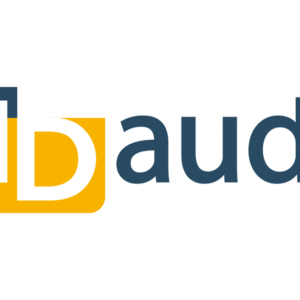In honor of this year’s Corporate Compliance & Ethics Week, we are supporting a critical reminder for healthcare organizations across the U.S. to review their compliance frameworks and recognize the impact of ethical practices on every stage of healthcare delivery.
Why Compliance and Ethics Matter in Revenue Cycle Management
Healthcare revenue cycle management (RCM) involves complex interactions—from patient registration and service documentation to billing and reimbursement. This process requires rigorous adherence to compliance standards, ensuring that patient data is protected, claims are accurate, and billing errors are minimized. At the heart of RCM is a commitment to ethical practices, as missteps or oversight can quickly snowball into penalties, chaotic accounts receivable (AR), jeopardized patient relationships, reputational risks, or even federal scrutiny.
The Role of Continuous Risk Monitoring in RCM Compliance
Healthcare compliance teams are under increasing pressure to keep pace with federal regulations, insurer requirements, and coding guidelines. Continuous risk monitoring technology can transform organizations by allowing them to stay proactive. This technology reduces the burden on compliance teams and provides continuous oversight, flagging potential areas of non-compliance in real-time.
The Core Principals of Corporate Compliance and Ethics Week
There are three core principles to this week’s spotlight on compliance and ethics. These principles are intricately woven throughout many workflows in healthcare RCM. Here’s how you can deliver them daily:
1. Awareness
Understand and identify compliance risks along the revenue cycle continuum. Healthcare organizations can pinpoint potential compliance risks early in the revenue cycle by leveraging real-time data insights. MDaudit’s platform, for instance, can help organizations gain visibility into areas prone to issues such as:
- Billing inaccuracies: Catching errors that may lead to claim rejections or denials.
- Coding inconsistencies: Identifying inaccurate coding patterns that could trigger regulatory audits.
- Documentation gaps: Highlighting documentation deficiencies that may impact compliance with regulatory standards.
2. Recognition
Acknowledging exemplary compliance practices within the organization.
Recognition is about celebrating compliance champions within the organization, those who contribute tirelessly to upholding ethical practices. Acknowledging their efforts fosters a culture of integrity and accountability. A continuous risk monitoring platform will help identify trends in compliance and highlight those on the front lines, including HIM, coding, and compliance professionals. By using a data-driven approach to identify compliance “wins,” organizations can meaningfully recognize the teams and individuals driving ethical practices.
3. Reinforcement
Continue to build and strengthen existing processes that improve compliance and foster a culture of integrity. Reinforcing ethical practices requires ongoing education, training, and technology that supports a culture of compliance. Revenue cycle management means adopting tools that support compliance and encourage continuous improvement. MDaudit’s automated compliance tools free up auditor time, allowing them to invest in educating physicians and coders, creating a feedback loop that keeps compliance at the forefront of RCM.
A Call to Action
By spotlighting these guiding principles, we can help healthcare organizations navigate compliance challenges confidently, creating a culture of awareness, recognition, and reinforcement that serves patients and providers alike. As a healthcare SaaS platform that supports billing compliance, revenue integrity, and HIM/coding professionals, MDaudit stands at the forefront of compliance-focused technology, ensuring healthcare organizations have the tools to uphold these core principles.
At MDaudit, we understand the unique challenges of revenue cycle management. We are committed to empowering healthcare organizations with the technology they need to navigate the complexities of compliance while supporting their mission to provide quality patient care.



